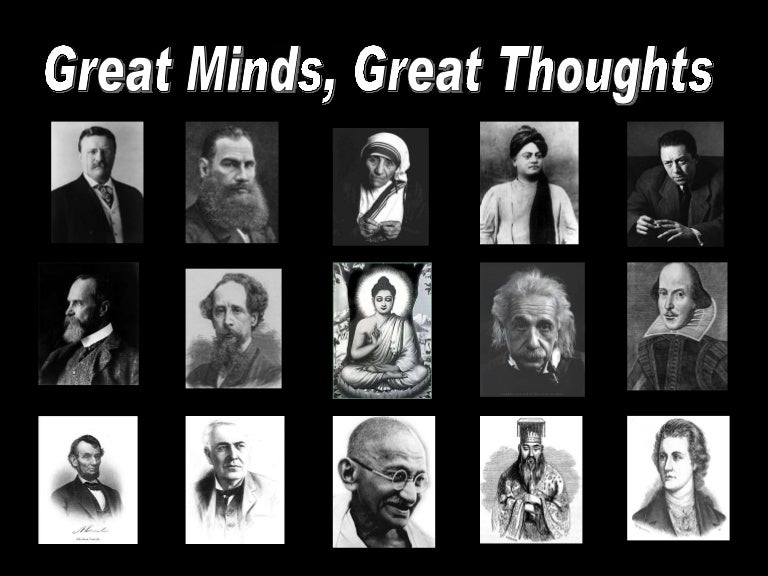


The Poem that Changed America, edited by Jason Shinder, is a collection of 26 essays about Ginsberg's masterpiece.

Ginsberg became one of America's most famous poets. Clayton Horn ruled that "Howl" was not entirely devoid of social importance and therefore did not fit the legal definition of obscenity. Amid Cold War hysteria and the worship of conformity that predictably accompanies such times, Ginsberg had written, "America I used to be a communist when I was a kid I'm not sorry," and "I smoke marijuana every chance I get." Despite the tenor of those times, Judge W.J. "Howl," the title poem, is rife with overt sexual (and homosexual) references and the kind of explicit language that at the time was keeping Henry Miller's works classified as contraband. The copies were returned after the ACLU protested, but two months later San Francisco police arrested Ginsberg, City Lights bookstore owner and publisher Lawrence Ferlinghetti and a City Lights cashier, charging them with trafficking in obscenity. Ginsberg, on the other hand, writes of "the crack of doom on the hydrogen jukebox."Ī year after "Howl" was published, a shipment of newly printed copies was seized by federal authorities. At the end of "The Waste Land," rain falls on the desert plain. "Howl" provided a blistering poetic alternative for a nation being reared on Robert Frost, Wallace Stevens and T.S. William Carlos Williams in the original introduction wrote: "Hold back the edges of your gowns, Ladies, we are going through hell." And hell is what follows. I saw the best minds of my generation destroyed by madness, starving hysterical naked,ĭragging themselves through the negro streets at dawn looking for an angry fix,Īngelheaded hipsters burning for the ancient heavenly connection to the starry dynamo in the machinery of night.

The 14-page title poem begins with these famous lines: Rebellious young folk found a voice for their Eisenhower-era disillusionment. Soon after Allen Ginsberg wrote a slim, 44-page volume called Howl and Other Poems in 1956, it became a secret handshake between the cool and the hip, quickly drawing attention from edgy writers and poets around the country. By Reviewed Eric Miles Williamson April 16, 2006


 0 kommentar(er)
0 kommentar(er)
